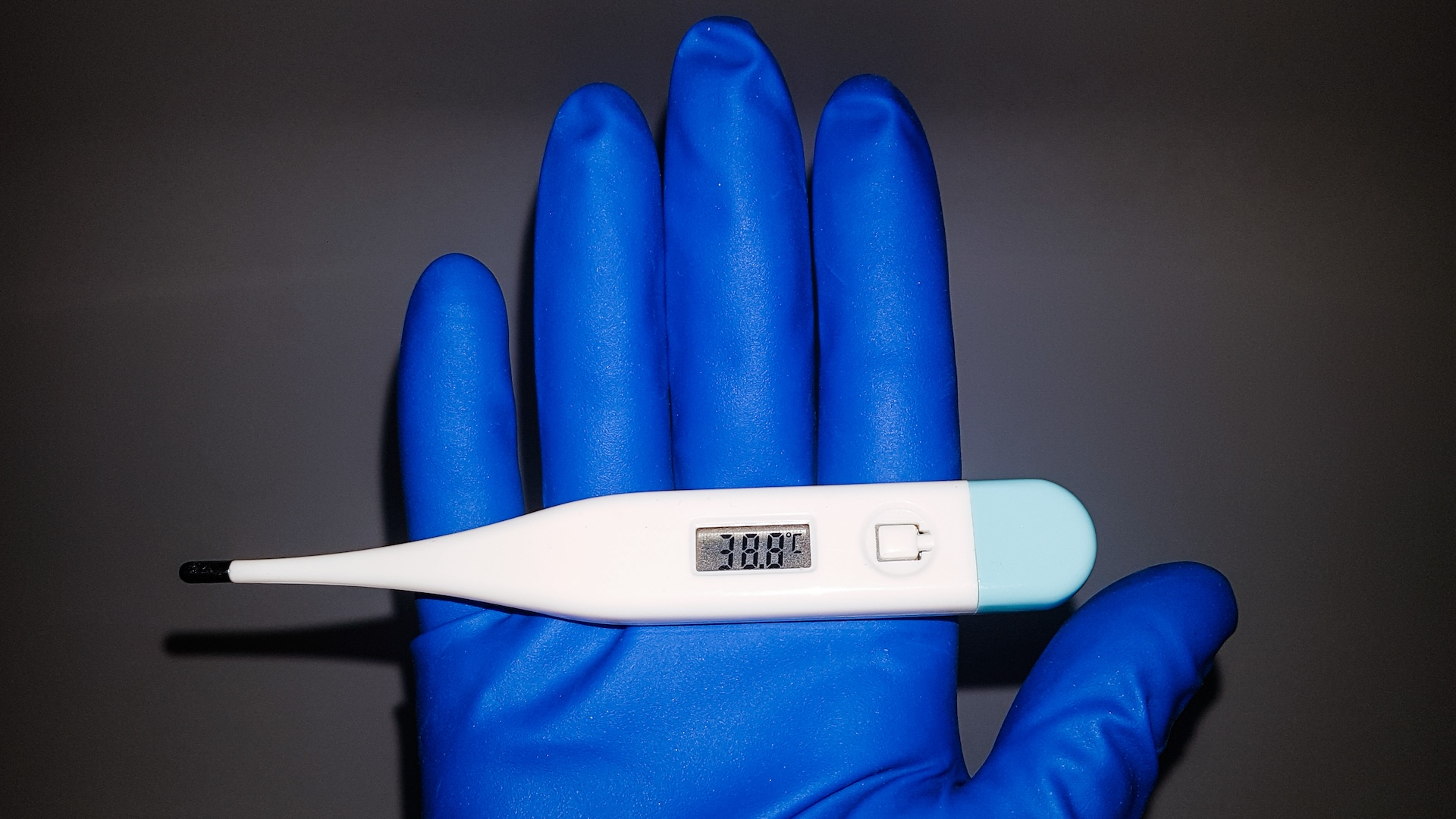WHO is investigating mystery illness behind 12 dozen deaths in the Democratic Republic of the Congo
Between 67 and 143 people in the DRC have died of an unknown, flu-like disease, officials have said.

Editor's note: This is a developing story and will be updated as new information emerges.
An unidentified, flu-like illness has killed dozens of people in the Democratic Republic of the Congo (DRC), according to news reports.
The deaths were reported in the Kwango province, which is located in the southwestern portion of the country and shares a border with Angola to the south. Between Nov. 10 and Nov. 25, between 67 and 143 people died of the mystery illness in what's known as the Panzi health zone within the province, Rémy Saki, the deputy provincial governor, told The Associated Press (AP).
"A team of epidemiological experts is expected in the region to take samples and identify the problem," Saki said.
According to reports, symptoms of the mystery illness are similar to the flu and include high fever, headaches and a cough.
The number of affected people is continuing to rise, but in general, treatments in the region are lacking, civil society leader Cephorien Manzanza told Reuters. "Panzi is a rural health zone, so there is a problem with the supply of medicines," Manzanza said. Reports don't note what kinds of treatments might be helpful for treating those affected.
Related: How do people die of the flu?
Sign up for the Live Science daily newsletter now
Get the world’s most fascinating discoveries delivered straight to your inbox.
A spokesperson for the World Health Organization (WHO) told Reuters that the agency was alerted to the illnesses last week and that it's working with local authorities to investigate. WHO currently has a team on the ground collecting samples for analysis, an anonymous WHO employee told the AP.
Apollinaire Yumba, the provincial health minister, told the AP that officials are advising the public to exercise caution and refrain from contact with dead bodies to avoid potential infection.
Meanwhile, the DRC is also contending with a major mpox outbreak, which was declared a public health emergency of international concern in August. In early November, the total number of suspected mpox cases across the continent of Africa topped 50,000, with the DRC bearing a high percentage of those cases.
As of Dec. 1, 20 African countries have reported 13,081 mpox cases confirmed by laboratory tests, including 55 deaths from the disease, the WHO reported. The DRC has the most confirmed cases, at 9,513, followed by Burundi with 2,334 and Uganda with 716. A significant number of cases that are "clinically compatible with mpox" have not been officially confirmed due to a lack of tests, the WHO noted.
Disclaimer
This article is for informational purposes only and is not meant to offer medical advice.
Ever wonder why some people build muscle more easily than others or why freckles come out in the sun? Send us your questions about how the human body works to community@livescience.com with the subject line "Health Desk Q," and you may see your question answered on the website!

Nicoletta Lanese is the health channel editor at Live Science and was previously a news editor and staff writer at the site. She holds a graduate certificate in science communication from UC Santa Cruz and degrees in neuroscience and dance from the University of Florida. Her work has appeared in The Scientist, Science News, the Mercury News, Mongabay and Stanford Medicine Magazine, among other outlets. Based in NYC, she also remains heavily involved in dance and performs in local choreographers' work.









